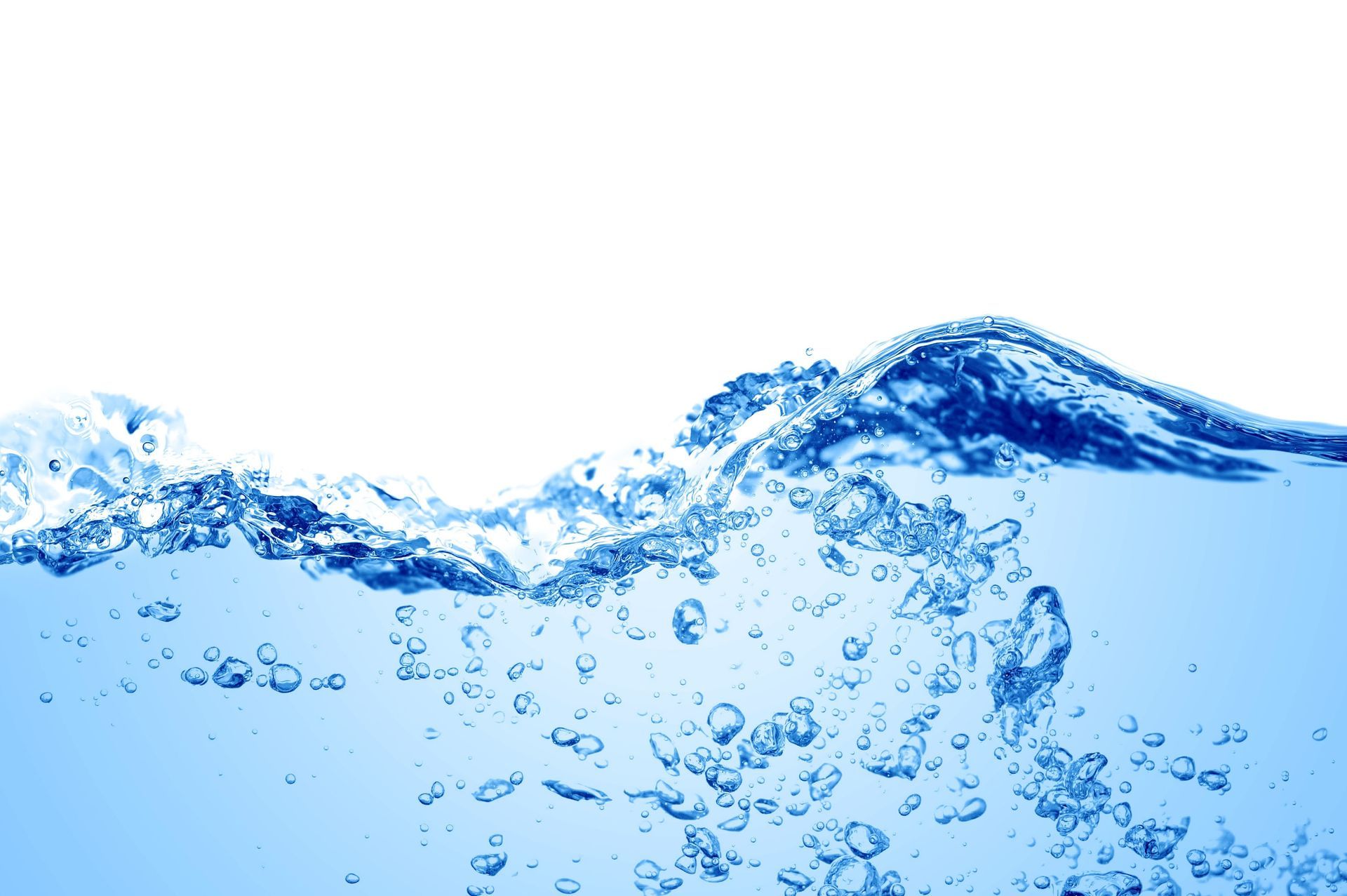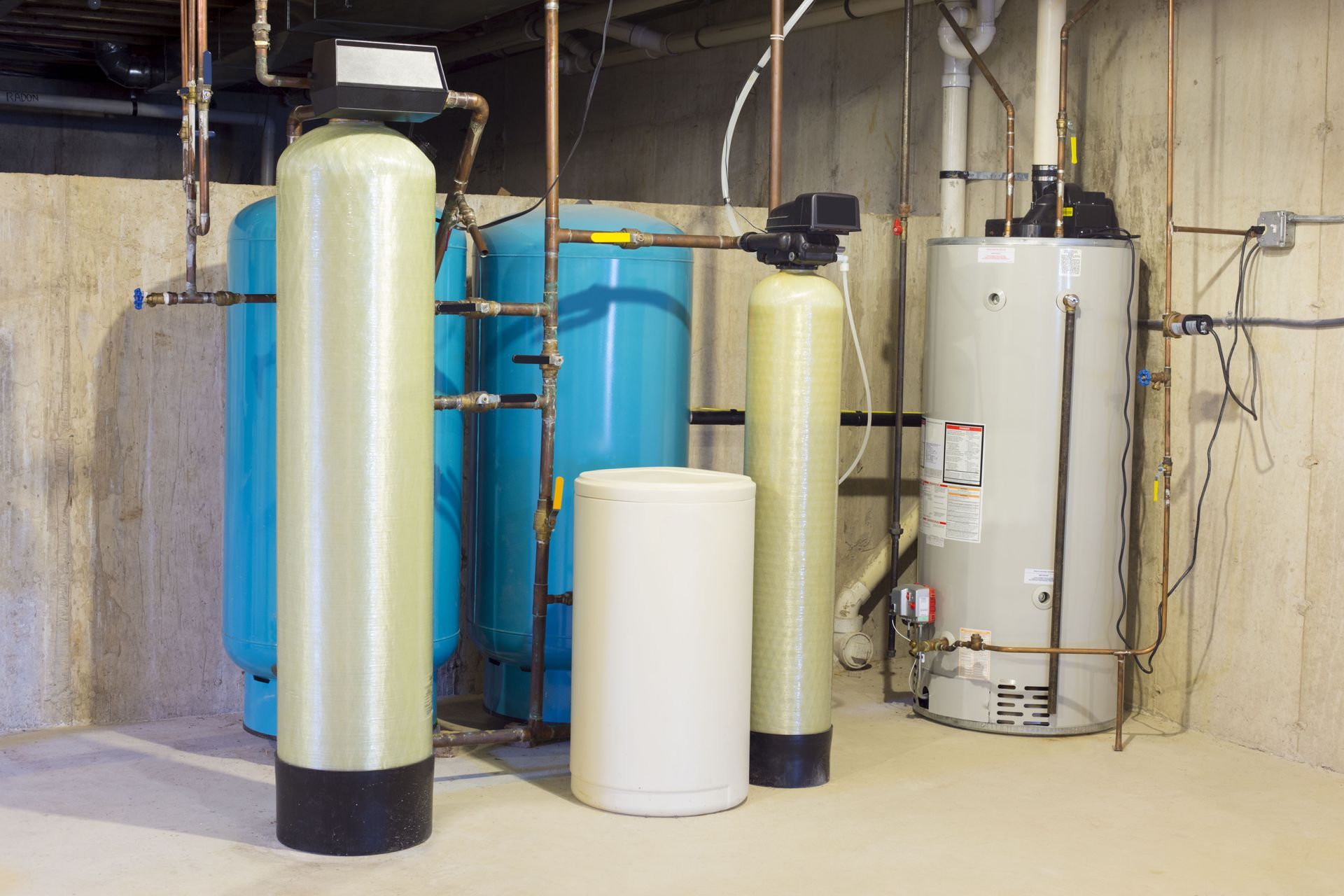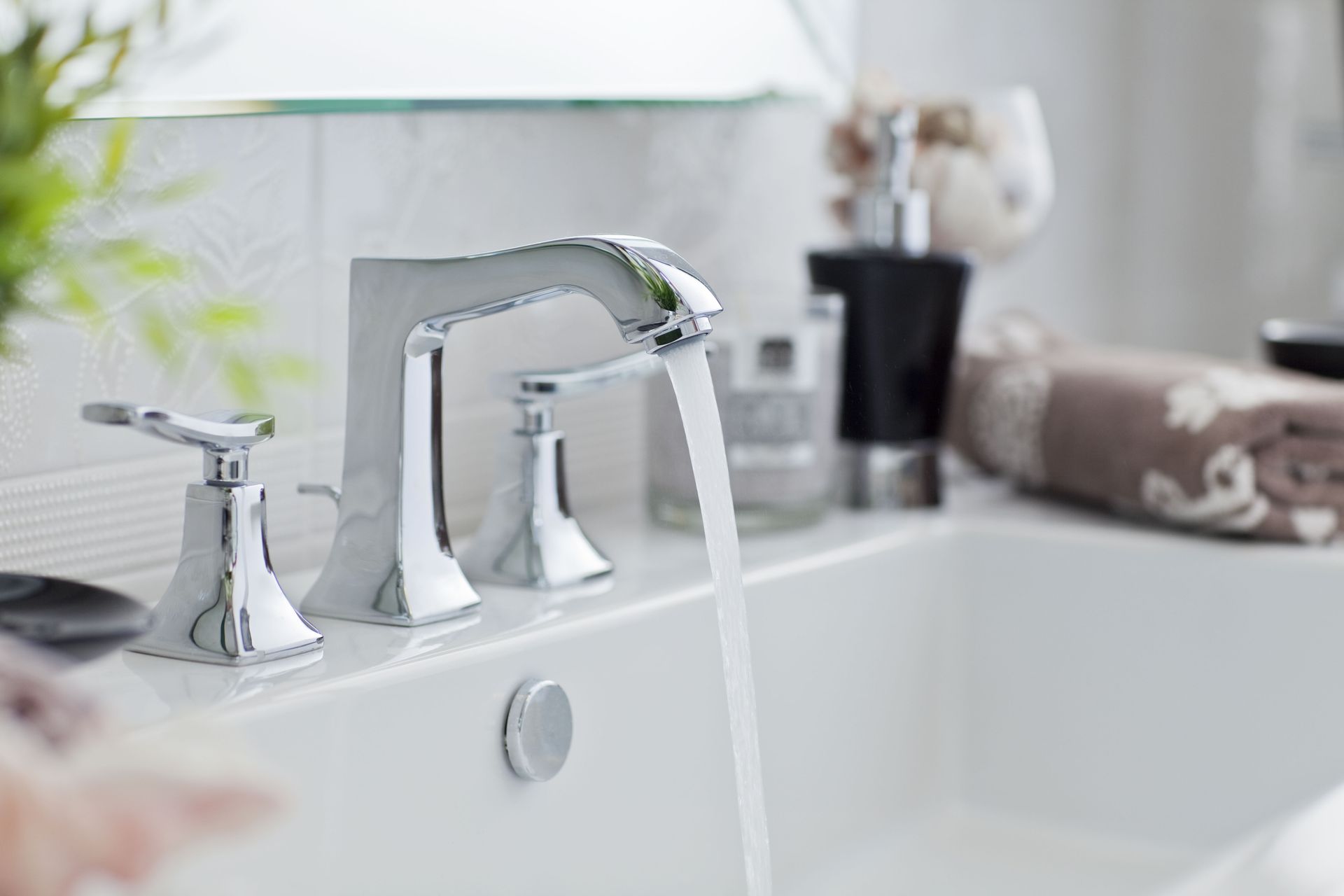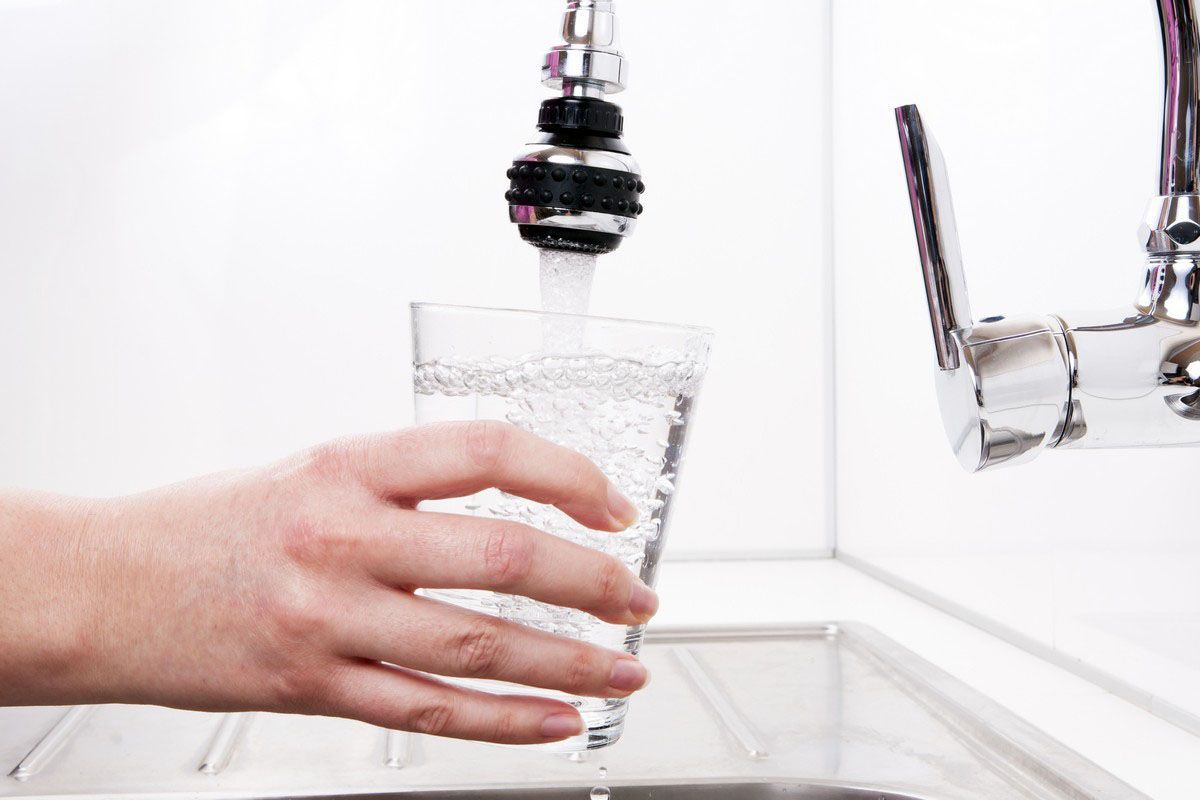In many households, hard water remains an elusive culprit of increased maintenance costs, shorter appliance lifespans, and inefficiencies. A water softener presents itself as a solution by transforming hard water into soft water, potentially remedying these issues. While the initial investment in a water softener system may seem daunting, understanding the long-term savings can help in making an informed decision. This blog explores the financial benefits of installing a water softener, emphasizing why it could be a worthy investment in the long run.
Protect Your Pipes
The initial cost of installing a water softener might deter some homeowners, but the significant reduction in maintenance costs for home plumbing and appliances offers compelling long-term savings and peace of mind. Hard water is known for causing mineral buildup in plumbing systems, which can lead to clogs, corrosion, and serious damage. By installing a water softener, the absence of these mineral deposits can greatly reduce the need for frequent plumbing repairs, costly replacements, and unexpected disruptions. In essence, the softener pays for itself by extending the life and efficiency of the entire plumbing system.
Improve Appliance Efficiency
Appliances that rely on water, like dishwashers and washing machines, also stand to gain significantly from the installation of a water softener. Hard water contributes to stubborn mineral scaling in these devices, significantly increasing their wear and tear over time. This scaling necessitates more frequent repairs, higher maintenance costs, and an earlier replacement, all of which can be quite expensive. With a water softener, the appliances operate more efficiently, consume less detergent and energy, and ultimately enjoy a prolonged lifecycle, resulting in less frequent purchases, lower repair bills, and better overall performance.
Save Energy and Money
Energy efficiency is another important area where long-term savings can be realized with a water softener. When water heaters utilize soft water, the absence of mineral deposits leads to a more efficient and reliable heating process. This increased efficiency reduces the energy required to heat the water, thereby lowering monthly utility bills and overall household energy consumption. Additionally, soft water prevents scale buildup inside the heating elements, which can otherwise cause the system to work harder and wear out faster. Over time, these savings can accumulate significantly, making the upfront cost of the softener well worth the initial expenditure. For eco-conscious consumers, this also means a smaller carbon footprint, further enhancing the overall environmental and financial appeal.
Reduce Home Maintenance Costs
According to Modernize, a water softener generally lasts between 10 and 15 years, depending on its quality, the water hardness level, and regular maintenance. Regular maintenance includes tasks such as salt refills, system cleaning, and occasional repairs, all of which ensure optimal functionality and prolong the system's overall life, ultimately safeguarding your valuable investment. While this is an ongoing expense, the substantial savings generated by reduced appliance wear, fewer plumbing repairs, and lowered energy consumption often more than offset these maintenance costs, making the softener a smart long-term choice.
Save Money on Soap
Hard water also negatively impacts the effectiveness of soap and detergents, leading to higher household expenditures over time due to increased product use. Soft water, in contrast, enables easier lathering and more thorough cleansing, significantly reducing the amount of soap and detergent required for effective cleaning. As a result, households can cut back considerably on these consumables, achieving additional, meaningful savings. Though these may initially seem like minor or insignificant savings, over several years, the cumulative amount becomes substantial and adds further strong justification for installing a water softener. This not only benefits budgets but also reduces environmental waste caused by excess detergent use.
While the initial installation of a water softener comes at a cost, the long-term savings and advantages it offers can be substantial. By mitigating plumbing damage, extending appliance lifespan, enhancing energy efficiency, and reducing detergent usage, a water softener proves its merit as a valuable investment. When considering the maintenance costs, the overall savings continue to outweigh these expenses, making it a financially wise choice for homeowners dealing with hard water. For those looking to enhance their home's efficiency and lifespan with an eye towards economic and environmental benefits, a water softener offers a practical solution. For more information about our water softener service, reach out to our incredible team at Eenigenburg Quality Water today!







Share On: